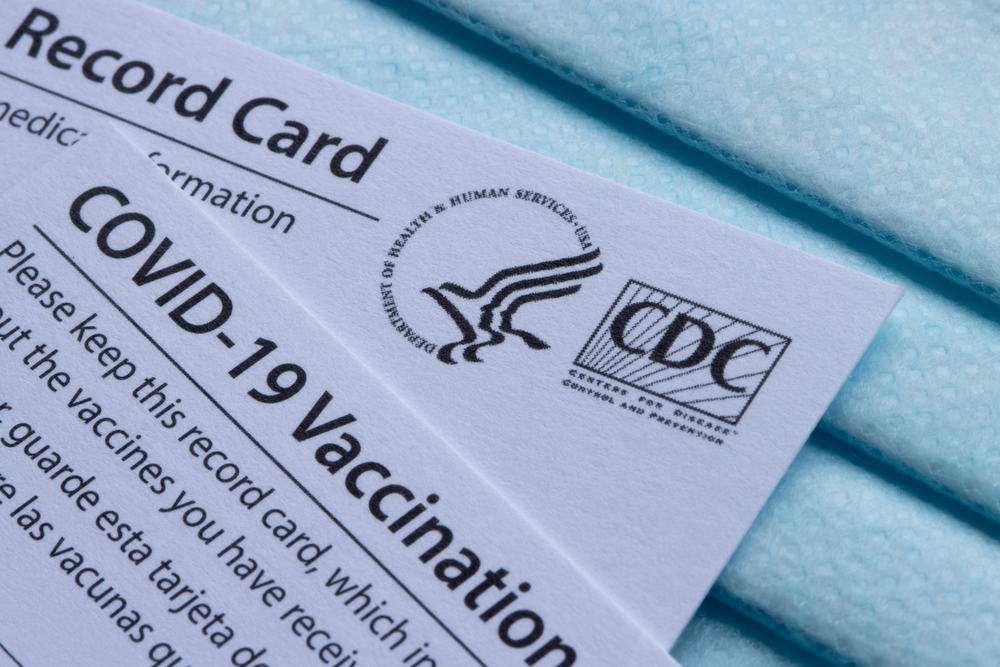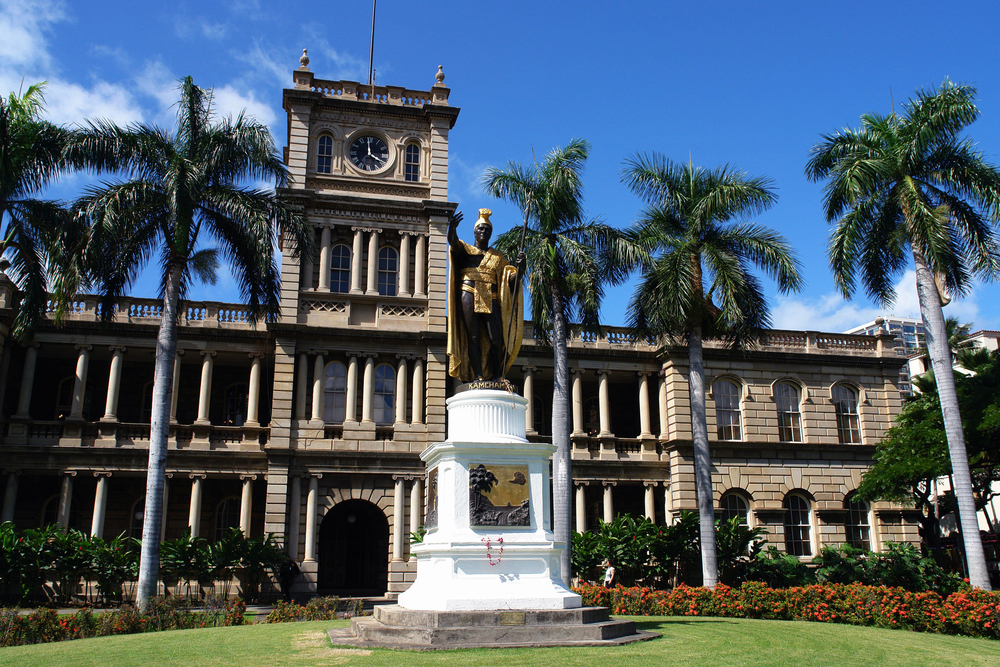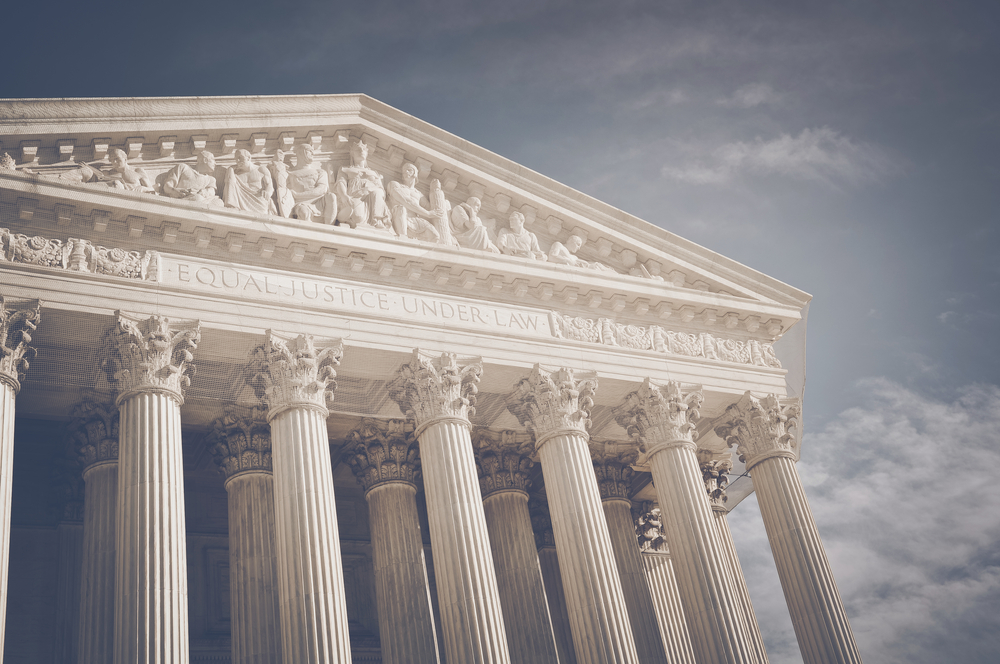Since the pandemic’s start, more than 38-million cases of COVID-19 have been reported in the U.S., and well over 600,000 Americans have died. The Delta variant is now wreaking havoc, with most victims being people who have not received a free COVID-19 vaccination.
Because of these facts, it is clear, the chance of you being asked to show proof of the COVID-19 vaccine, i.e., the small white card with the Centers for Disease Control (CDC) stamp, is increasing with every passing day. Already several cities in the U.S., including New York City, San Francisco and New Orleans, consider such proof mandatory if you want to dine in a restaurant, workout in a gym or attend certain special events.
However, with the mandate has come resistance, and with the resistance, an issue - the use of fake vaccine cards.
In the U.S., there isn’t an easily accessible electronic database that keeps track of the nation’s COVID-19 vaccine records, making it easier for people to create bogus cards. They appear for sale online at Amazon, eBay and Etsy in droves.
In recent weeks across the country, law enforcement agencies have been seizing bogus cards from individuals ranging from college students in California, Lollapalooza attendees in Chicago, and travelers who are required to provide proof of vaccination.
What Are the Penalties for Having Fake COVID-19 Vaccine Cards?
In March, as the federal government grew more concerned over such illegal activity, the Federal Bureau of Investigations (FBI), the Office of Inspector General and the U.S. Department of Health and Human Services issued a joint statement reminding the public that buying, creating, selling or being in possession of a fake card was against the law. It could be punishable as a federal crime carrying a possible fine and up to five years in prison.
One month later, 47 state attorney generals, from both red and blue states, joined forces sending a letter to several social media companies, including Twitter, Shopify and eBay, to halt any activity related to selling bogus cards.
The coalition told the CEOs of the companies, “The false and deceptive marketing and sales of fake COVID vaccine cards threaten the health of our communities, slow progress in getting our residents protected from the virus, and are a violation of the laws of many states.’’
Yet, people have continued to manufacture and sell the cards disregarding the fact that their action could result in prison time and put other people’s health and safety at risk.
Here is a look at just some of the criminal cases involving counterfeit COVID-19 vaccine cards:
- On May 5, in Clements, CA, after receiving a tip through the San Joaquin County Sheriff’s Office, undercover officers of California's Alcoholic Beverage Control were able to purchase fake COVID-19 cards at a bar. Posing as buyers, the officers simply walked in, wrote their personal information on yellow sticky notes, and watched as their cards were made. The owner was charged with multiple felonies, including forgery and identity theft.
- On July 13, in Napa, California, a homeopathic doctor was charged with one count of wire fraud and one count of false statements related to health care matters after she sold individuals a treatment she identified as “immunization pellets.” Along with the treatment, her clients received a fake card that stated they received a Moderna vaccine.
- On August 11, in Hawaii, a Florida couple was arrested after allegedly presenting fake vaccine cards to an airport screener in Honolulu for themselves and their two children. The screener believed the couple had done something suspicious after they handed him immunization cards for their children, who were both under the age of 12. Vaccinations were not yet available for the childrens’ age group.
- On August 13, in the Port of Memphis, U.S. Customs and Border Protection agents seized thousands of fake cards in a shipment from Shenzhen, China. The final destination was the central business district of New Orleans. After determining they were not from the CDC or another medical organization, the agents confiscated 121 packages filled with more than 3,000 fake vaccination cards.
Correcting the COVID-19 Vaccine Verification Procedure
In an article for the Associated Press, a California-based journalist and student at California Polytechnic University in St. Luis Obispo detailed the shortcomings of the current system for vaccine verification, particularly in colleges and universities, and how changing from flimsy, white cards to an electronic database would halt many of the current challenges.
In California, college students typically only need to upload a picture of their vaccine record to their school portal as proof of COVID-19 vaccination. Students who refuse the vaccine can easily submit photos of counterfeit information.
In the article, Rebecca Williams, a research associate at UNC’s Lineberger Comprehensive Cancer Center and Center for Health Promotion and Disease Prevention, stressed her concerns while pointing out that students taking advantage of the system are not a surprise.
“This is why I think the development of a reliable national digital vaccine passport app is very important for the sake of all the organizations and businesses that want to require proof of vaccination for employees, students, or business patrons,” Williams said.
Benjamin Mason Meier, a global health policy professor at the University of North Carolina at Chapel Hill, concurred that an electronic system should be more easily accessible, adding that it would not only aid in accountability but would ensure, “every student is operating in the collective interest of the entire campus.”
Be Careful How You Handle Your Vaccine Card
Last winter, as people began completing their immunizations for COVID-19, it became a common sight on social media to see a photo of someone celebrating with a caption of “Got my shot!’’ or “Done!’’ while holding up their stamped card. Officials at the Federal Trade Commission (FTC) were quick in expressing their concerns.
On February 5, the FTC’s Division of Consumer & Business Education released a statement detailing the need for individuals not to share the contents of their COVID-19 vaccination card due to the issue of identity theft. Vaccination cards include valuable information such as your full name, date of birth, where you got your vaccine, and the dates you got it. By posting this information, on social media such as Facebook or Instagram, you are making yourself more vulnerable to identity theft.
Six months later, and the premise of the FTC’s warning is still valuable:
“Want to share the news about your vaccination? How about a photo of a nifty adhesive bandage on the injection site? (You can show off your tattoos and deltoids at the same time). Or, post a photo of your white or orange vaccine sticker. The stickers are really cool.”










